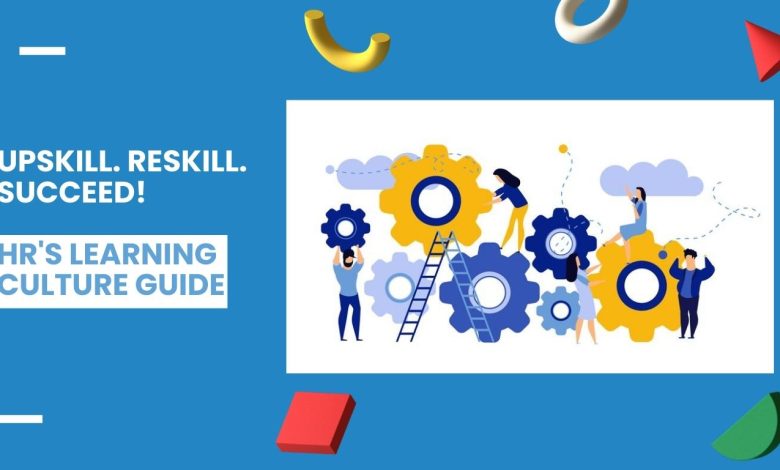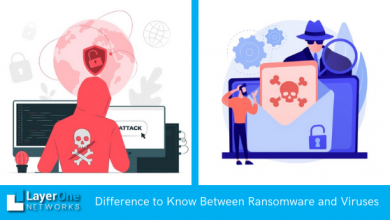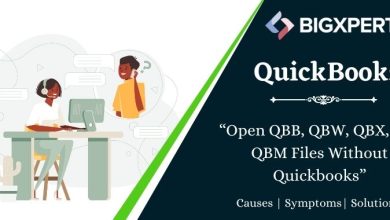Upskilling and Reskilling: HR’s Role in Fostering a Learning Culture

In the ever-evolving world of business, organizations face the constant challenge of staying relevant and competitive. The rapid pace of technological advancements and market changes demands a workforce that can adapt and acquire new skills.
That’s where upskilling and reskilling come into play. In this article, we will explore the critical role of HR in fostering a vibrant learning culture that empowers employees to continuously develop their skills and thrive in the face of change.
Understanding the Need for Upskilling and Reskilling
The Shifting Landscape: Technology’s Impact on Job Roles
The modern workplace is being reshaped by technology, with automation and digital transformation revolutionizing traditional job roles. As tasks become automated and new technologies emerge, the skills required for success are changing.
HR professionals must recognize this shift and align talent with evolving market demands. By understanding the impact of technology on job roles, organizations can proactively address skill gaps and prepare their workforce for the future.
HR’s Role in Fostering a Learning Culture
Creating a Learning Ecosystem: Nurturing a Growth Mindset
HR plays a vital role in creating a learning ecosystem where curiosity and continuous learning are encouraged. By fostering a growth mindset, employees are empowered to embrace challenges and see failures as opportunities for growth.
HR can cultivate a culture that values learning and personal development, creating an environment where employees feel inspired and motivated to expand their skills.
Identifying Skill Gaps and Future Skill Needs
To effectively foster a learning culture, HR must first identify existing skill gaps within the organization. Comprehensive skills assessments can help pinpoint areas that require improvement.
HR should collaborate with department managers to forecast future skill needs and align talent strategies accordingly.
By staying ahead of industry trends and anticipating emerging skill needs, HR can proactively address skill gaps and prepare employees for future challenges.
Designing and Implementing Effective Upskilling and Reskilling Programs
Once skill gaps are identified, HR can design and implement tailored upskilling and reskilling programs. These programs should be customized to the specific needs of different job roles within the organization.
HR can leverage a mix of internal and external training resources, such as online courses, workshops, and mentorship programs.
Embracing blended learning approaches that combine online and offline experiences creates a holistic learning experience that is engaging and effective.
Overcoming Challenges in Upskilling and Reskilling
Fostering a Culture of Change and Adaptability
One of the key challenges in upskilling and reskilling is addressing resistance to change. HR can foster a culture of change and adaptability by promoting a growth mindset within the workforce.
This involves creating a safe space where employees feel supported and encouraged to step outside their comfort zones.
By nurturing a culture that embraces continuous learning and improvement, organizations can overcome resistance and foster an environment of growth and development.
Balancing Learning and Work Responsibilities
Balancing learning and work responsibilities is another challenge in upskilling and reskilling. HR can support employees by providing flexibility and integrating learning opportunities into their daily work routines.
Microlearning techniques, such as delivering bite-sized, actionable content, can help employees develop new skills without disrupting their workflow.
By making learning easily accessible and seamlessly integrated into their work, employees can enhance their capabilities while fulfilling their job responsibilities.
Allocating Resources and Securing Buy-In
Securing resources and buy-in is crucial for the success of upskilling and reskilling initiatives. HR professionals need to demonstrate the long-term value and return on investment of these programs to stakeholders.
By showcasing the benefits, including increased productivity, improved employee engagement, and enhanced competitiveness, HR can secure the necessary budget allocations and resource commitments to support learning initiatives.
HR Technology and Tools for Learning and Development
Learning Management Systems (LMS)
In the digital age, Learning Management Systems (LMS) have become invaluable tools for HR professionals in managing learning and development initiatives. LMS streamlines the delivery of training content and tracks learner progress.
With a centralized platform, employees can access learning resources, track completion, and assess their competency.
LMS simplifies the administration of training programs, making it easier for HR to monitor employee development and ensure a consistent learning experience.
Skills Assessment and Tracking Platforms
To effectively upskill and reskill employees, HR needs to evaluate their current skill levels and track their progress. Skills assessment and tracking platforms provide HR professionals with the necessary insights to identify areas for improvement.
These tools enable HR to evaluate employee skills, track their development, and measure the effectiveness of upskilling and reskilling initiatives.
By leveraging such platforms, HR can make data-driven decisions to drive targeted training programs and ensure continuous improvement.
Collaboration and Knowledge-Sharing Tools
Learning doesn’t happen in isolation. Collaboration and knowledge-sharing tools play a crucial role in fostering a vibrant learning culture within organizations. These tools facilitate peer-to-peer learning, mentorship, and knowledge exchange.
By creating a platform for employees to share insights, best practices, and innovative ideas, organizations can cultivate a learning community.
Such tools encourage collaboration, engagement, and continuous learning, driving employee development and organizational growth.
Conclusion
In a rapidly changing business landscape, the ability to upskill and reskill employees is no longer a luxury but a necessity. HR professionals are at the forefront of creating a thriving learning culture within organizations, empowering employees to adapt, grow, and excel.
By fostering a growth mindset, identifying skill gaps, designing effective training programs, and leveraging HR technology, HR teams can ensure that their workforce remains agile, competitive, and ready to tackle any challenge that comes their way.
The power of upskilling and reskilling lies in its ability to unlock untapped potential, unleash innovation, and drive sustainable growth. It is a strategic investment in the future of the organization and its people.
With a commitment to continuous learning and development, companies can future-proof their workforce and stay ahead in an ever-changing world.
We understand the importance of upskilling and reskilling in building a resilient and adaptable workforce. Our innovative HR software solutions provide the tools and resources needed to implement effective learning and development programs.
From customizable learning pathways to skills assessment tools and centralized learning management systems, ConfluxHR empowers HR professionals to drive the growth and success of their organizations.
Embrace the transformative power of upskilling and reskilling, and let ConfluxHR be your trusted partner on this journey.
Together, we can create a culture of continuous learning, nurture talent, and position your organization for long-term success in the dynamic business landscape of tomorrow.





